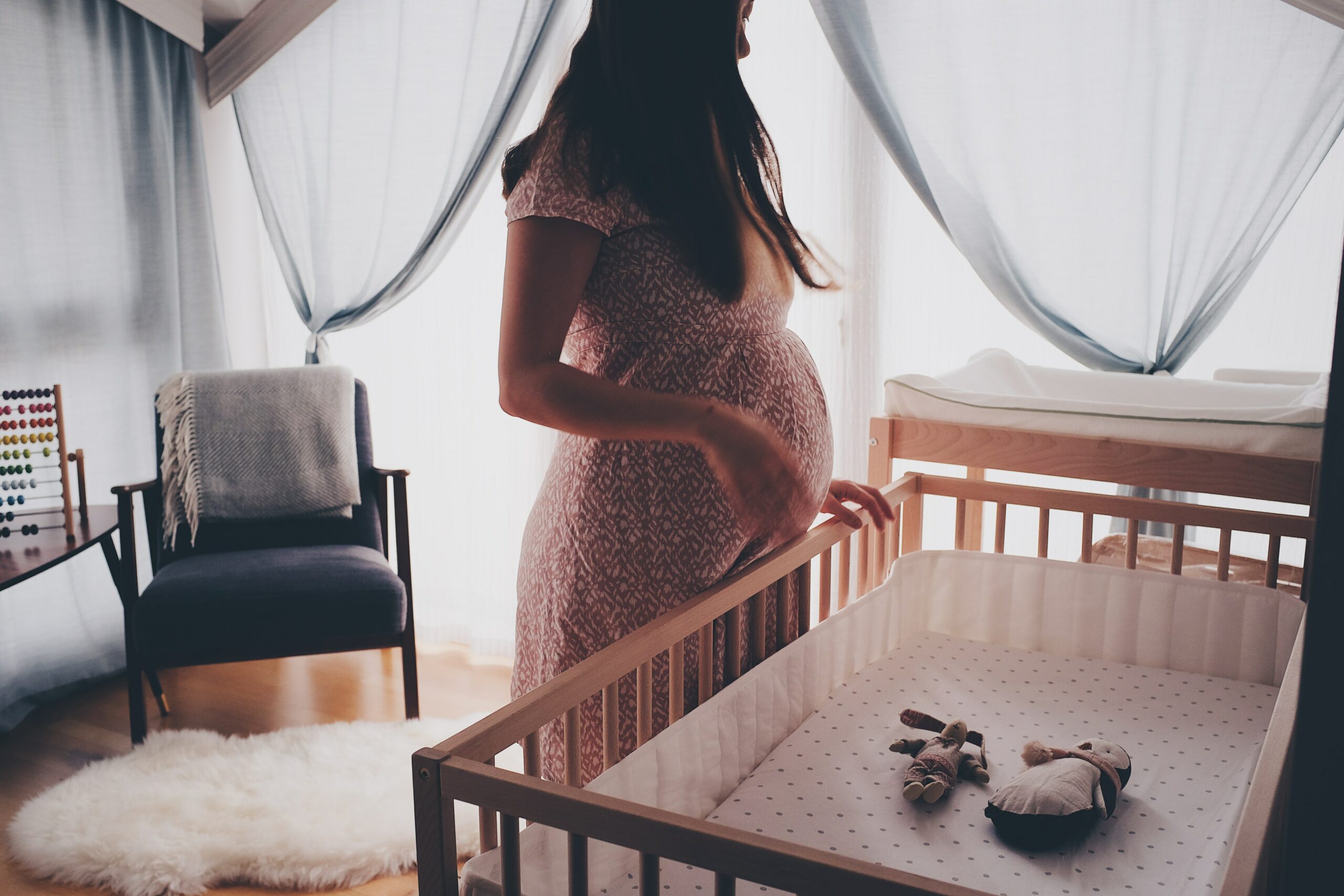
Did you know that Continuity of Care throughout pregnancy and birth makes birth safer?
Since the dawn of humanity, women and people giving birth have been attended by someone they know and trust, and have a relationship with – doulas and midwives. It is only in the last 70 years or so that we are having our babies surrounded by people we’ve never met before, with a move towards hospital birth being more common than home birth. Yet, during birth, our bodies work best when we feel relaxed, safe and nurtured, and when we are going through such an intimate experience as having a baby this can be harder to do when we are surrounded by strangers.
There are ongoing campaigns to encourage the NHS to provide a Continuity of Care service, which would mean that you would get to know your midwife in pregnancy, and have the same midwife throughout your birth and postnatally. If you didn’t get on with that midwife you would be able to switch to another, so you would have a known and trusted person caring for you. The Government commissioned a report called “Better Births” to find out what could be done to improve maternity in the UK, and Continuity of Care was a key part of their recommendations. Unfortunately, these recommendations have not been implemented in most areas of the UK. Or, where they have, they were under funded and under staffed, leading midwives trying to look after so many women and pregnant people that they were unable to have a life themselves. This is not how Continuity of Care should look!
What’s really interesting about the benefits of having care from someone you know and trust is that they don’t need to be a midwife. Evidence shows that having a doula, even though they don’t provide the clinical care of a midwife, also leads to improvements in outcomes for both the mother or birthing person, and the baby!
An organisation called The Cochrane Collaboration that evaluates medical research independently of the NHS or researchers, looked at twenty two research trials of how Continuity of Carer through labour – whether this was a doula or midwife – actually made birth safer! Together, these twenty two research trials looked at 15,288 births, which is a huge number when it comes to maternity research! You can read the full report from Cochrane by clicking here.
The research that they included in this report looked at births where there was Continuity of Carer from someone who wasn’t a family member, wasn’t employed by the hospital to provide clinical care (so not the midwife attending the birth, for instance), and had received training in supporting birth. The outcomes were astonishing. Women who had Continuity of Carer from doulas were:
- More likely to have a vaginal birth
- Less likely to have assistance with forceps or ventouse (instrumental intervention)
- Less likely to need drugs in labour for pain relief
- More likely to have shorter labours
- More likely to have a positive birth experience
No negative outcomes from having a doula provide Continuity of Care were found in this evaluation of the research.
Cochrane found that having a family member present throughout the birth was beneficial, however most benefit came from someone with training in supporting birth, but who wasn’t part of the immediate family, in other words, a doula. Interestingly, they also found that women felt that their partners were more supportive of them when the partner in turn was being supported by the doula.
“…women received more support from their partners when a doula was present to guide them, and the partners themselves reported more support” (page 16)
The Cochrane report looked at the effect of care from someone like a doula on the rates of postnatal depression. Unfortunately, there was not enough data to show whether the outcomes they saw weren’t just caused by chance, but they did make the point that the trend was towards a reduction in the rate of postnatal depression in the group that had continuous support through labour.
In 1998, Dr John Kennell, co-author of research into the ways that doula support dramatically improves outcomes, said, “If a doula were a drug, it would be unethical not to use it.”
What else could be offered at birth that would improve the chance of a straightforward vaginal birth, reduce the need for pain relieving drugs and make labour a more positive experience? This work by Cochrane shows just how powerful having a doula present at your birth can be, not only to you and your baby, but to your partner, too! We could not agree more with the author’s conclusions:
“Continuous support during labour has clinically meaningful benefits for women and infants and no known harm. All women should have support throughout labour and birth.”
……………………………………………………………………………………………………………………………………………………
Emma Ashworth is a Nurturing Birth Doula, breastfeeding counsellor and Birth Rights Consultant. She is the author of The AIMS Guide to Your Rights in Pregnancy and Birth, and co-author of The AIMS Guide to Safety in Childbirth.
Click here for her Nurturing Birth Directory listing.
Click here for her Instagram page on Birth Rights






